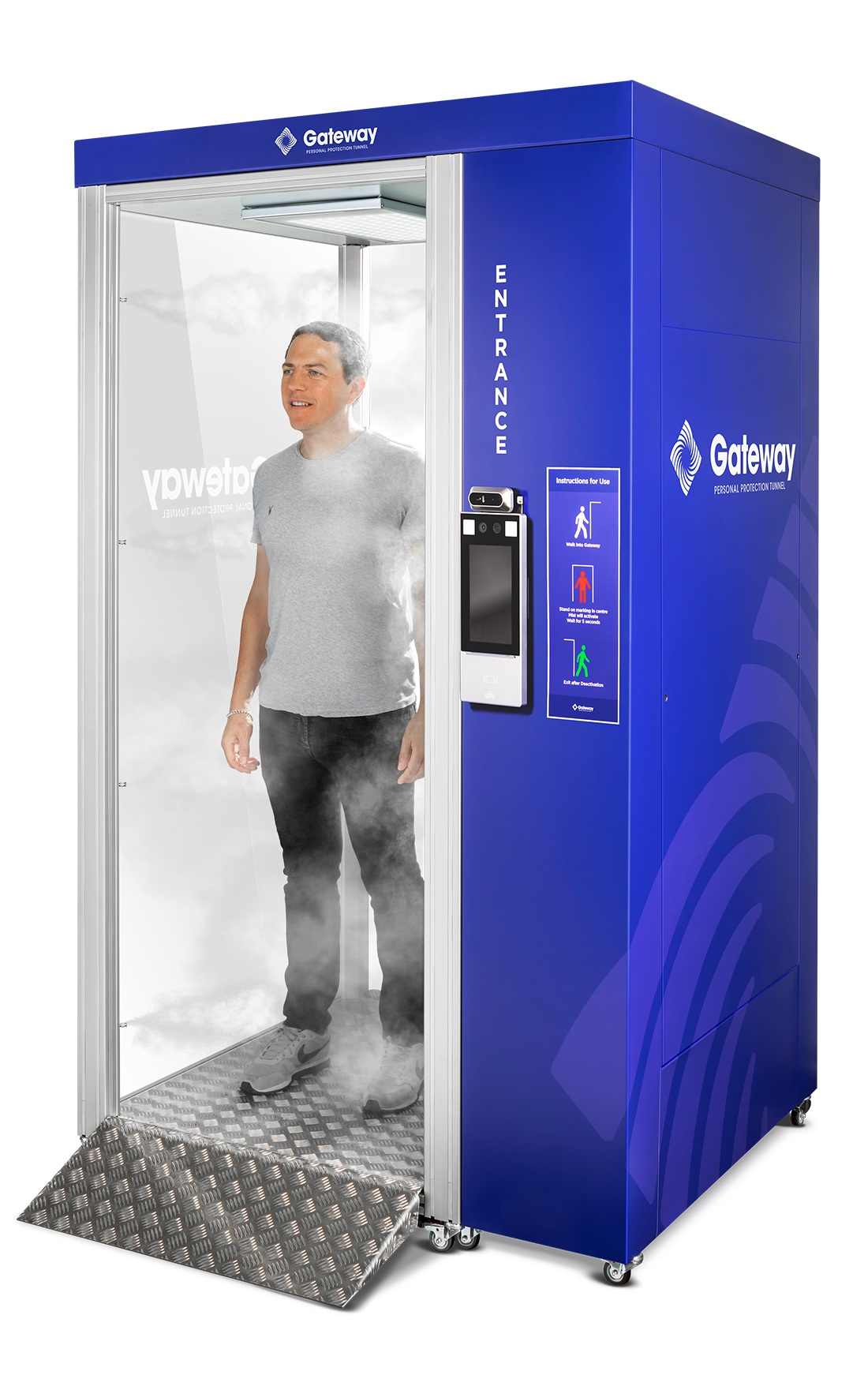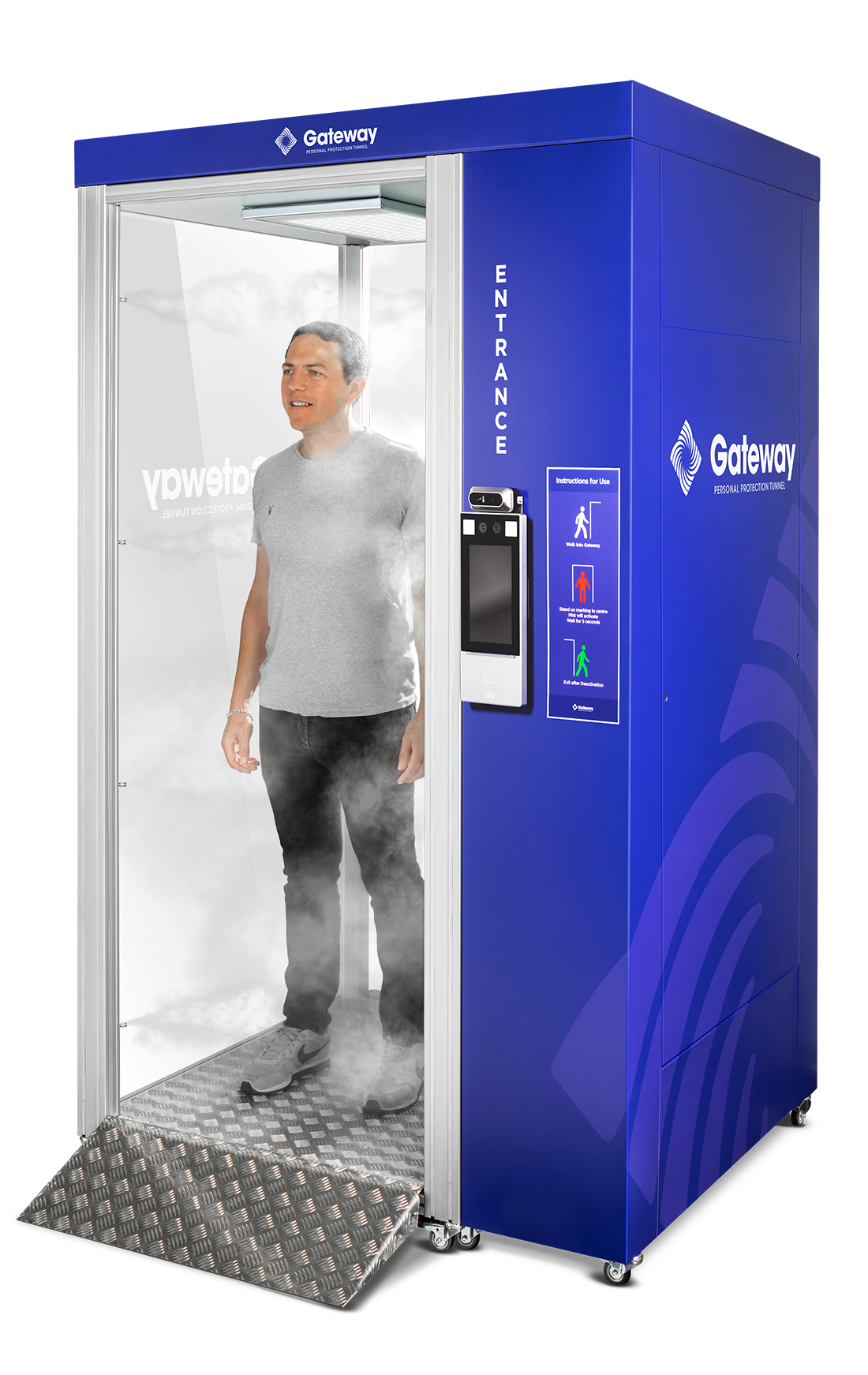Controlling Noise and Odour in Commercial Kitchens
Commercial kitchens are bustling, chaotic environments with people working hard to create food and clean dishes and utensils at the same time. A by-product of this busy environment is a considerable amount of noise and often odours from food waste and cooked food alike. While it may be impossible to totally eliminate noise and odour from a commercial kitchen, there are steps that can be taken to reduce these emissions and this article will look into them.
Controlling odour
One of the most effective ways of reducing odour in your kitchen is to have an efficient ventilation system. This will help extract the fumes and odours, making it a more comfortable environment for those working in the kitchen and also those living or situated nearby. In order for the ventilation system to work effectively, it should meet several criteria:
- It should contain a canopy, and this canopy should be extended beyond the cooking area by at least 225mm. This canopy will draw in the fumes and expel them into the air ducts, away from the kitchen and those around it. These canopies should ideally be stainless steel, and should also feature grease filters that are cleaned on a weekly basis.
- The aforementioned air ducts should be as short and straight as possible – this will help ensure the fumes are dispersed efficiently. Any bends in the ducts should be as smooth as possible in order to help the air flow.
- Carbon filters are a vital addition, especially if fried foods are being cooked in the kitchen, or foods with particularly strong odours. They should be fitted in the air ducts after the grease filter and before the fan to allow for easy cleaning.
Controlling noise
A noise reducing system can be very useful in lowering sound, but the extraction system itself must also avoid creating excessive noise.
- The system must be situated within the structure of the building, so as to minimise external noise when it is in use.
- If there are nearby residential areas, the noise extractor should not be able to be heard from these areas.
- If the fan is excessively noisy, then noise attenuators may be required.
If restaurants, takeaways, cafés or similar establishments are found to be in breach of these requirements, they are liable to be punished under the Environmental Protection Act of 1990. In order to avoid any sanctions under this act, it is advised that these requirements are incorporated into any planning permission applications that are submitted for the creation of commercial kitchens.
Here at Conditioned Environment, we have developed our business over the years to establish ourselves as a leading provider of air conditioning and HVAC systems for commercial premises. If you would like to know more about what we do, please feel free to get in touch with us today and we will be happy to help.




